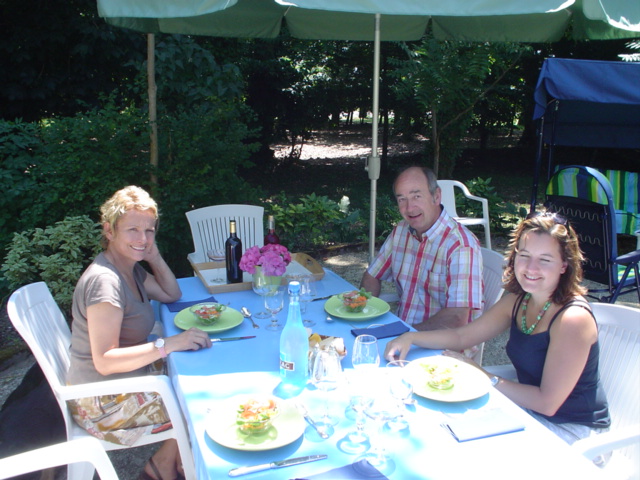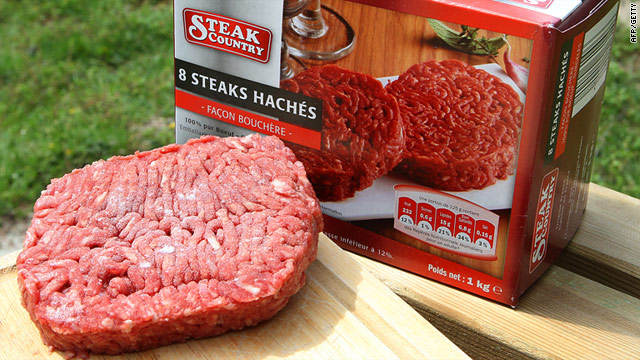Who wouldn’t want to hang out in Bordeaux, southwestern France. We did on our way back from the ocean-and-lake-side retreat of Maubuisson a few years ago and had probably the best lunch any friends could ever serve.
Unfortunately, 10 cases of E. coli poisoning have emerged in Bordeaux in the past few days, linked to raw spouts, and the same strain that walloped Germany.
Early on in the German outbreak, a U.S. science-type told me, it’s the seed that’s probably infected and  more outbreaks will appear; that’s what happened in the U.S. over the past 15 years.
more outbreaks will appear; that’s what happened in the U.S. over the past 15 years.
At least six out of the 10 people were found to have eaten the sprouts at a local fete in Begres, southeast of Bordeaux, said a police statement, citing health authorities.
Health authorities said tests had shown two of the patients were infected by the same potentially deadly strain of the disease as that found recently in Germany, but did not say whether there was a link between the two outbreaks.
Frederic Lefebvre, secretary of state for consumer affairs, said the sprouts were purchased at a Jardiland store and were produced by Thompson & Morgan based in Ipswich, England.
The minister called for the company’s sprouts, mustard and roquette to be withdrawn from sale while an analysis was conducted.
Lefebvre also recommended that "consumers who bought these same products not use them," he said in a statement.

 bloody diarrhea. One was discharged from hospital on Wednesday.
bloody diarrhea. One was discharged from hospital on Wednesday. worried mother, along with a piece of the "leafy" bar.
worried mother, along with a piece of the "leafy" bar. to emergency in the kebab eatery type where the two women had eaten to conduct an inspection. "This revealed poor hygiene standards and many anomalies. The facility has been closed immediately for health reasons and as a precaution, especially since it is located near a school.”
to emergency in the kebab eatery type where the two women had eaten to conduct an inspection. "This revealed poor hygiene standards and many anomalies. The facility has been closed immediately for health reasons and as a precaution, especially since it is located near a school.”.jpeg) the Carrefour Discount brand in Carrefour, Carrefour Market, Carrefour City, Carrefour Contact and Carrefour Montagne stores.
the Carrefour Discount brand in Carrefour, Carrefour Market, Carrefour City, Carrefour Contact and Carrefour Montagne stores. French prof.
French prof.